Quick Answer
IV therapy can help when you need fast hydration, energy support, or a boost for recovery. People often choose an IV before a big day, after travel, during cold & flu season, after hard workouts, or when they feel run down.
- Hydration & recovery: great after travel, illness, or hard training.
- Immune support: helpful during cold & flu season or high-stress times.
- Focus & clarity: some IVs support brain fog and daily energy.
Educational info only. Not medical advice.
Who Might Benefit From an IV?
- Busy professionals & students: need steady energy and focus.
- Travelers: flying or jet lagged and want hydration support.
- Active people & athletes: recovering from hard workouts or events.
- Immune support: during cold & flu season or after being sick.
- Skin & hair goals: want a healthy glow from the inside out.
- After a long night: want to feel normal again faster.
Which IV Should I Choose?
Here are popular IVs at Range Medical (Newport Beach) and when people use them:
- Defender (Immune): for cold/flu season or when run down.
- Peak Performance (Energy/Focus): before big work days, exams, or travel.
- Rebuild & Recover (Muscle Recovery): after tough workouts or events.
- Clarity & Focus: for brain fog or long, busy days.
- Reboot (Hangover/GI): after a long night; helps with nausea and headache.
- High-Dose Vitamin C (Specialty): immune and antioxidant support (requires screening).
- NAD⁺ IV (Specialty): for energy, focus, and recovery support (longer session). See NAD⁺ safety and best timing.
- High-Dose Glutathione (Specialty): antioxidant & detox support as a stand-alone slow push or add-on.
Is IV Therapy Safe?
Most people do well with IVs when they are mixed and given by trained medical staff. Mild effects can include a cool feeling in the arm, a brief headache, or light nausea. Tell us how you feel—we can slow or pause if needed.
Who Should Be Careful?
- Active cancer: avoid IVs unless your oncology team approves and supervises.
- Kidney disease or heart failure: fluids and certain nutrients may not be right—ask your provider.
- G6PD deficiency: no high-dose Vitamin C IV unless cleared by your clinician.
- Pregnant or breastfeeding: some IVs are not studied well—please ask your clinician first.
- Allergies or past reactions: tell us before treatment so we can choose safely.
How Often Should I Get an IV?
It depends on your goal. Some people come as needed (travel, big week, recovering from illness). Others choose a simple plan (for example, every 2–4 weeks) for steady support. We’ll build a plan that fits your life.
IV Therapy in Newport Beach
Hydration, energy, immune, and recovery IVs—mixed and given by medical staff at Range Medical.
See IV & Injection OptionsFAQ
How long does an IV take?
Most IVs take 45–75 minutes. Specialty IVs (like NAD⁺) can take longer. We go at a pace that feels comfortable for you.
Can I work out the same day?
Yes. Many people train a few hours before or after their IV. Hydrate well and adjust intensity based on how you feel.
Does an IV hurt?
You’ll feel a quick pinch during the start. Most people relax after a few minutes. Tell us if you feel any discomfort.
Can I get an IV if I have cancer?
During active cancer, avoid IVs unless your oncologist approves and supervises them.

